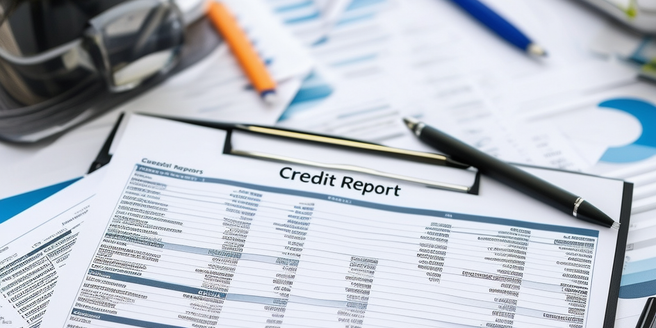
Understanding Bankruptcy and Its Types
Bankruptcy is a legal process designed to help individuals or businesses eliminate or repay their debts under the protection of the bankruptcy court. There are various types of bankruptcy, but the most common for individuals are Chapter 7 and Chapter 13. Chapter 7 bankruptcy involves the liquidation of non-exempt assets to pay off as much debt as possible, while Chapter 13 bankruptcy allows individuals to establish a three- to five-year repayment plan. Choosing the right type of bankruptcy depends on the individual’s financial situation, the amount of debt, and their ability to repay. Though bankruptcy can offer financial relief by erasing debts or establishing manageable payment plans, it can also have serious long-term implications on one’s credit profile and overall financial health.
Immediate Impact on Credit Score
Filing for bankruptcy generally leads to an immediate and significant drop in one’s credit score. This decrease can vary depending on the individual’s initial score; however, it’s common for scores to fall by 200 points or more. The exact impact depends on the filer’s current credit standing and history. A higher score may experience a steeper drop compared to a lower starting score. This immediate reduction reflects the perceived risk by lenders, as bankruptcy indicates a failure to manage credit obligations effectively. Despite this negative effect, not all hope is lost. Understanding the elements contributing to this drop, such as missed payments and high credit utilization, can help in creating a plan to begin rebuilding credit as soon as the bankruptcy process is complete.
Long-Term Effects on Creditworthiness
Although bankruptcy can provide relief from overwhelming debt, it leaves a lasting mark on your credit report that influences creditworthiness for years to come. A Chapter 7 bankruptcy can linger on a credit report for up to ten years, while Chapter 13 remains for seven years. During this period, potential lenders can view it as a significant red flag, making it challenging to secure favorable interest rates or qualify for loans. Furthermore, credit is only one piece of the puzzle when attempting to secure housing or employment, as these entities often factor in your credit history as well. Over time, as the bankruptcy ages and you demonstrate responsible financial behavior, its impact on creditworthiness diminishes, allowing for gradual improvement.
Rebuilding Credit Post-Bankruptcy
Rebuilding your credit after bankruptcy requires patience and strategic financial planning. Start by obtaining a secured credit card to slowly reestablish a payment history. Focus on timely payments and maintaining a low credit utilization ratio, ideally below 30%. Regularly checking your credit report can also help ensure inaccuracies don’t hinder your progress. Additionally, consider working with a credit counselor to set achievable long-term financial goals. Demonstrating responsible financial habits over time and avoiding the accumulation of new, unsustainable debts is key in rebuilding your creditworthiness. While you may not see quick improvements, with persistence and careful management, your credit score can gradually recover, setting the foundation for better financial opportunities in the future.
Navigating Financial Options After Bankruptcy
While bankruptcy marks a difficult period in financial health, navigating options post-bankruptcy is crucial to regain stability. Exploring new financial products like secured credit cards or credit-builder loans can assist in rebuilding credit scores responsibly. Setting up a realistic budget helps in tracking income and expenses, promoting better money management strategies. Engaging with a financial advisor can provide insights on debt repayment methods and long-term financial planning. It is also essential to build an emergency fund to act as a safety net for unexpected expenses. By learning from past mistakes and understanding how to manage finances effectively, individuals can gradually restore their credit and work towards establishing a stable financial future.
Preventative Measures and Financial Health
Maintaining financial health post-bankruptcy demands a proactive approach to prevent future predicaments. Establishing an emergency savings account can cushion unforeseen expenses. Creating a detailed budget can track and manage expenditures efficiently, ensuring debts are paid timely to prevent history repetition. Opt for credit counseling to understand debt management better and consider enrolling in financial education programs. Responsible credit usage involves keeping balances low and ensuring regular payments, which gradually improve credit scores. Living within means by distinguishing between needs and wants is crucial. By adopting disciplined financial habits, individuals can maintain better financial health in the long term and avoid falling back into debt traps.
